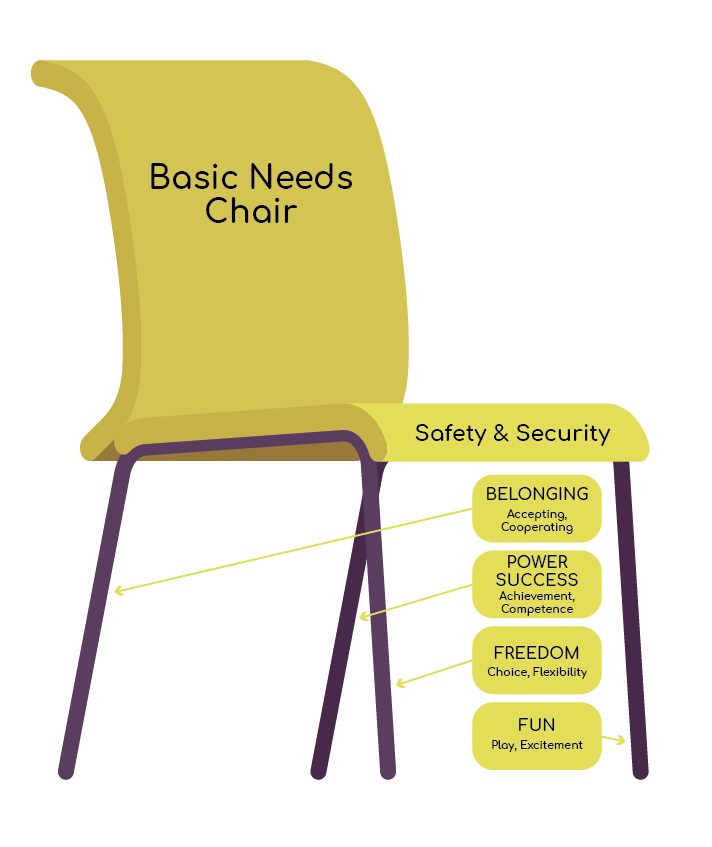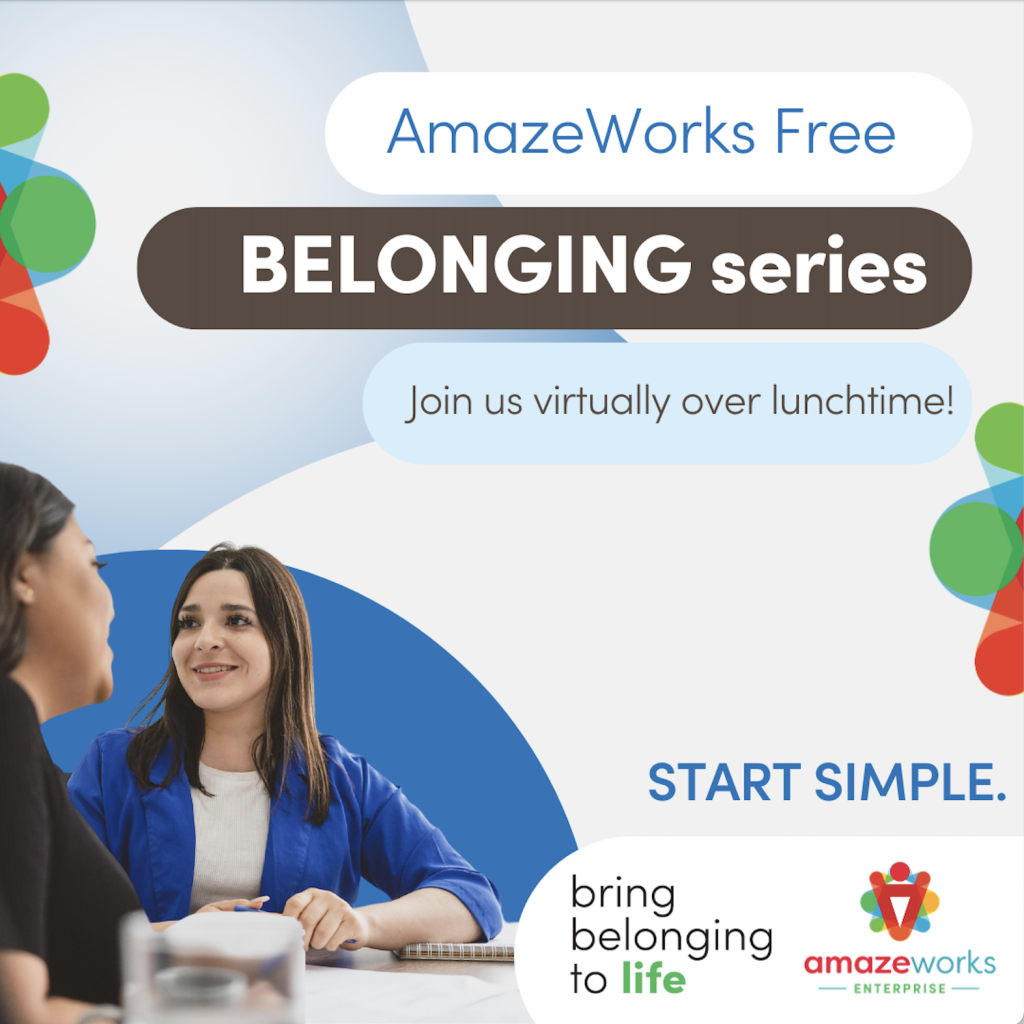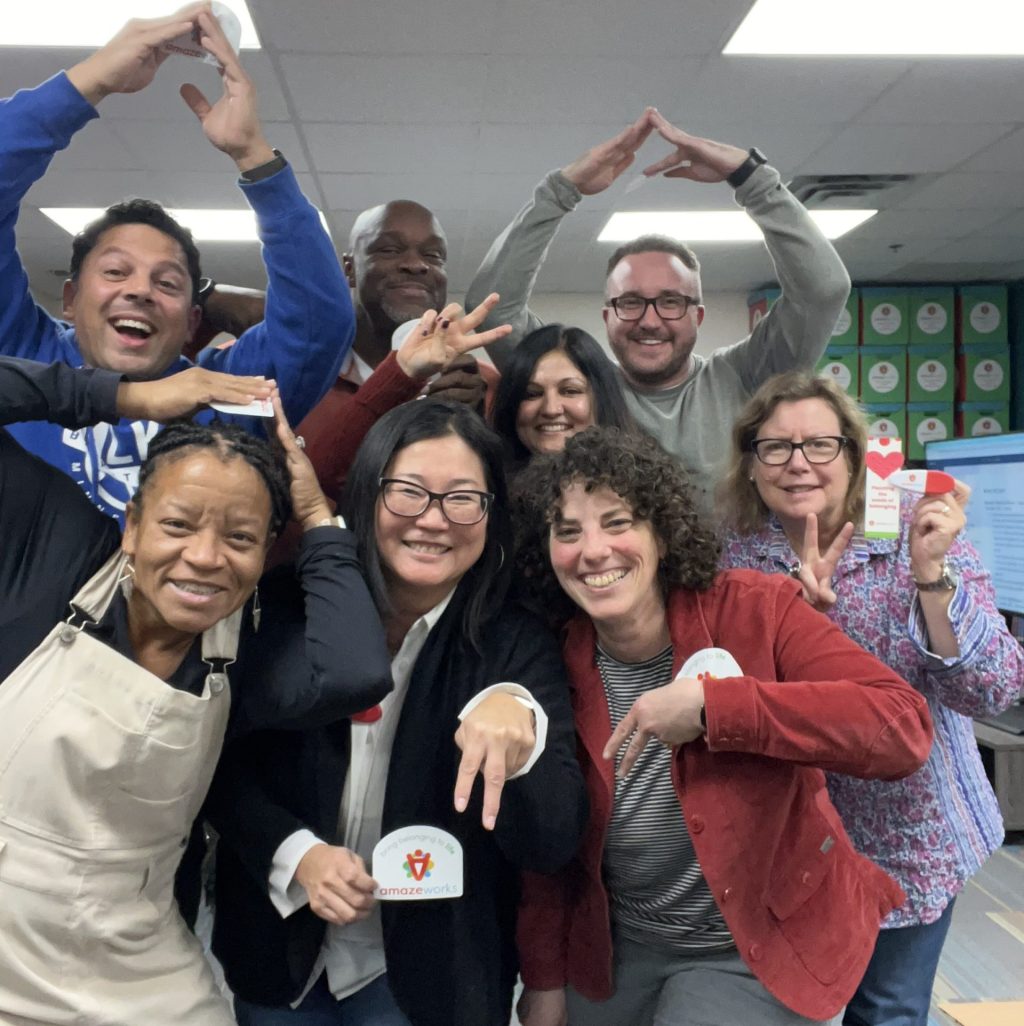
“In order to be effective, be responsive. In order to be responsive, listen.”
~ Sharon Weil
May is Mental Health Awareness Month, offering a meaningful opportunity to examine how mental health and wellness show up in our workplace cultures. At AmazeWorks, we’re centering this month’s edition of The Belonging Brief on our third Condition for Belonging: Responsiveness.
Responsiveness is the ability to interrupt and respond appropriately, intentionally, and in a timely manner to identity-based bias, mistreatment, and individual or collective needs.
In our work with organizations, we’ve found responsiveness is one of the most requested and most challenging areas for growth. We’re often asked, how do we get responsiveness right? The honest answer—it depends. There’s no cheat sheet for belonging. Every organization is different, and every person has unique needs.
What we do know is that responsiveness is central to building cultures of belonging. In this edition, we explore how to nurture responsiveness in ways that support mental health by:
As always, AmazeWorks is here to support you. Let’s keep bringing belonging to life together.
There’s no one-size-fits-all playbook for responsiveness. Like the other AmazeWorks Conditions for Belonging, at its core, responsiveness is how we make people feel seen, heard, and valued. Let’s break it down through the lens of our belonging framework:
Responsiveness doesn’t mean reacting to everything or taking on more than you can carry. It means showing people that their voices make a difference—that responsiveness is possible, and that they’ve felt it in action.
How can we be responsive to our own needs as individuals? Mental wellness is shaped by workplace culture, but it’s not our workplace’s job alone to manage it.
Our “Basic Needs Chair” tool supports self-awareness and agency by helping you reflect on the foundations of wellbeing. Inspired by William Glasser’s framework, the chair includes a seat, symbolizing Safety & Survival, and four legs representing Belonging, Power, Freedom, and Fun.

Just like a chair needs sturdy legs to function, we need a balance of these needs to thrive. If one leg is too short—or missing altogether—we may struggle with stress, focus, or engagement.
Use the Basic Needs Chair to reflect:
Responsiveness to others starts with being responsive to yourself.
According to NAMI, “Raising Awareness & Breaking the Silence” around mental health is a key strategy for building mentally healthy workplaces.
DuPont’s “ICU” Program (short for Identify, Connect, Understand—and a play on “I See You”) is a great example of responsiveness in action.
Launched in 2011, the ICU Program encouraged employees to look out for one another, speak up about concerns, and normalize conversations around mental health. The result was a cultural shift that gave employees the permission, language, and support to care for themselves and each other.

Spend your lunch hour with AmazeWorks for our next session, Belonging Is the Outcome, Not a Strategy!
Join us for this FREE webinar on May 14 from 12-1PM CT. Participants will learn strategies, tools, and concepts for the complex (but worthwhile!) journey of transforming workplace cultures towards belonging for all teams, leaders, and clients.
Save the date for our next lunchtime sessions from 12-1pm CT for free insights on belonging:
Thank you for standing with us. Here’s to a world where everyone belongs!

As a nonprofit, we rely on income from our Enterprise work to fund bringing belonging to life for children across identities and experiences. That means that your commitment to belonging in your workplace fuels belonging in schools, too.
We’re asking for your help to do more than survive—we want to ensure that AmazeWorks can thrive, so the communities we serve can thrive.
Your support helps us continue to:
Be the mirror. Be the window. Be the difference.
Barriers to responsiveness often stem from discomfort. Many of us have stayed silent when we’ve witnessed harm, unsure of what to say or afraid of saying the wrong thing.
But silence in the face of mistreatment—especially identity-based microaggressions—erodes trust, safety, and belonging.
Responsiveness means learning to interrupt harm.

Microaggressions are the everyday verbal or nonverbal slights, snubs, or insults—whether intentional or not—that communicate negative messages to people based on their identity. (UCLA Diversity & Faculty Development, 2014)
Use this worksheet to practice speaking up when it matters most.